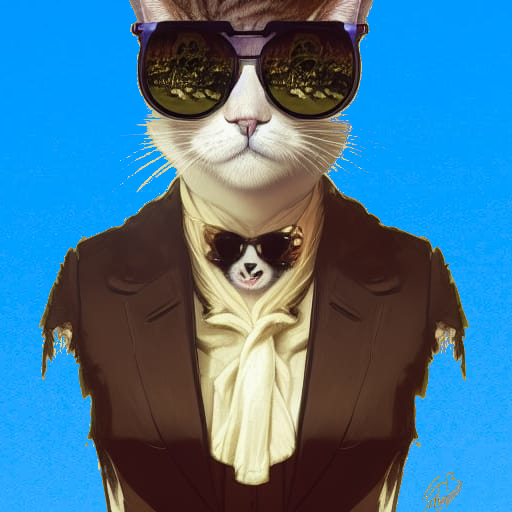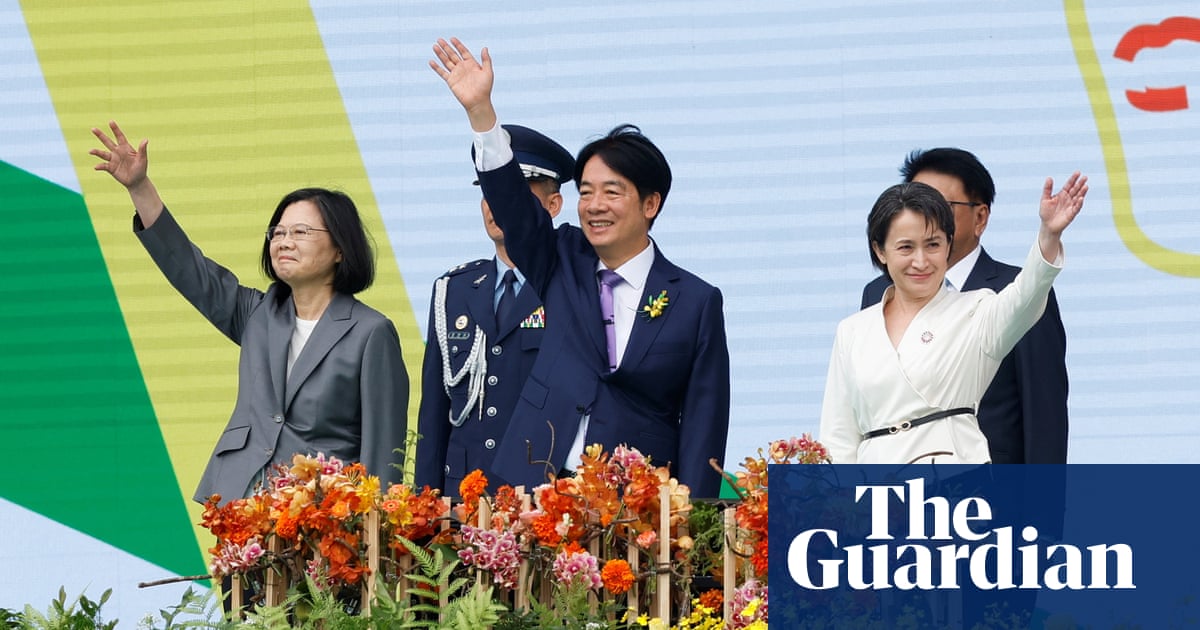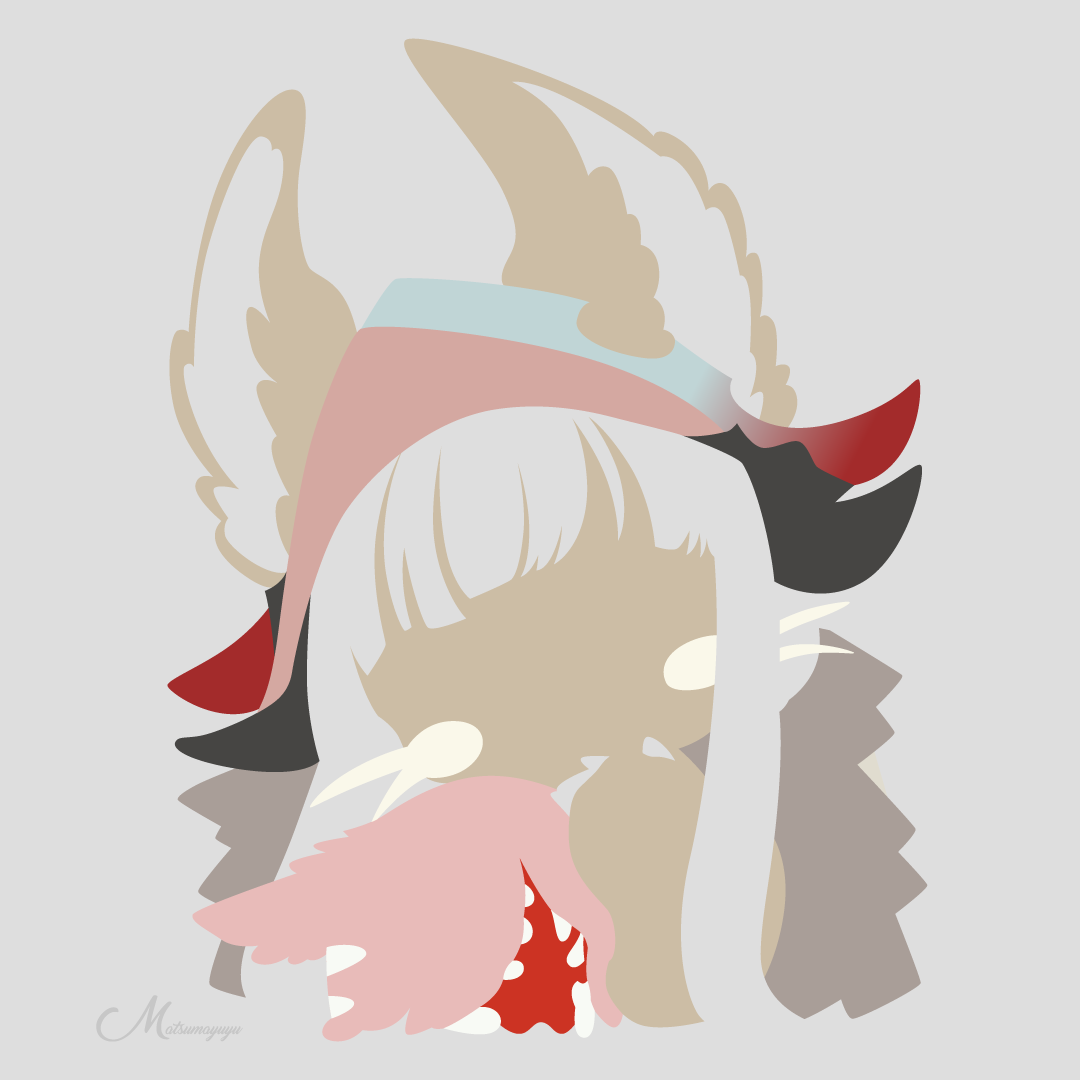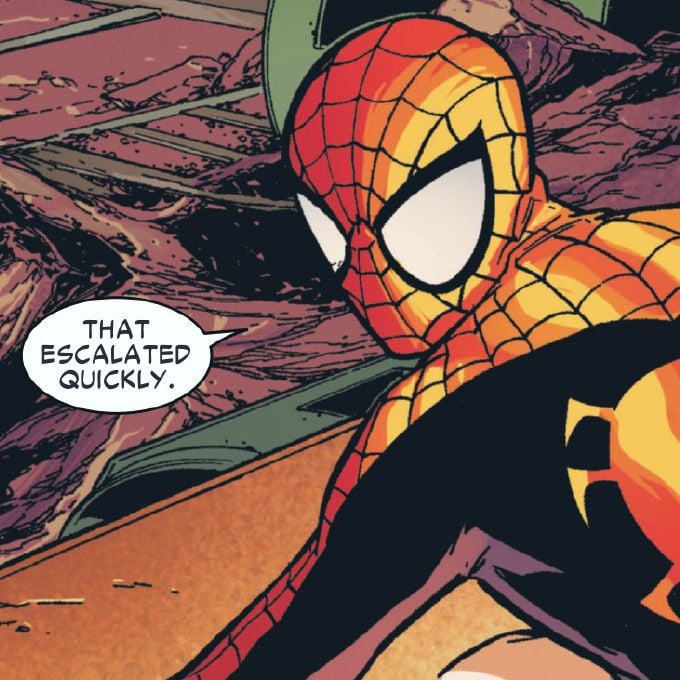Lai Ching-te has been sworn in as Taiwan’s new president, urging China to “cease their political and military intimidation against Taiwan” and to keep the world free from the fear of more war.
Lai was inaugurated on Monday morning at the Japanese-colonial-era presidential office in central Taipei, taking over from Tsai Ing-wen, whose eight years in power saw a sharp deterioration in relations with Beijing.
China claims democratic Taiwan as a province, and has called Lai, 64, a “dangerous separatist” who will bring “war and decline” to the island. The Chinese Communist party has never ruled over Taiwan, but Xi Jinping has declared that what he terms “reunification” is “inevitable”.
Why is it important to mention the presidential office’s heritage?
I don’t know, but I’m glad I decided to find out what it looks like, because it’s super cool.
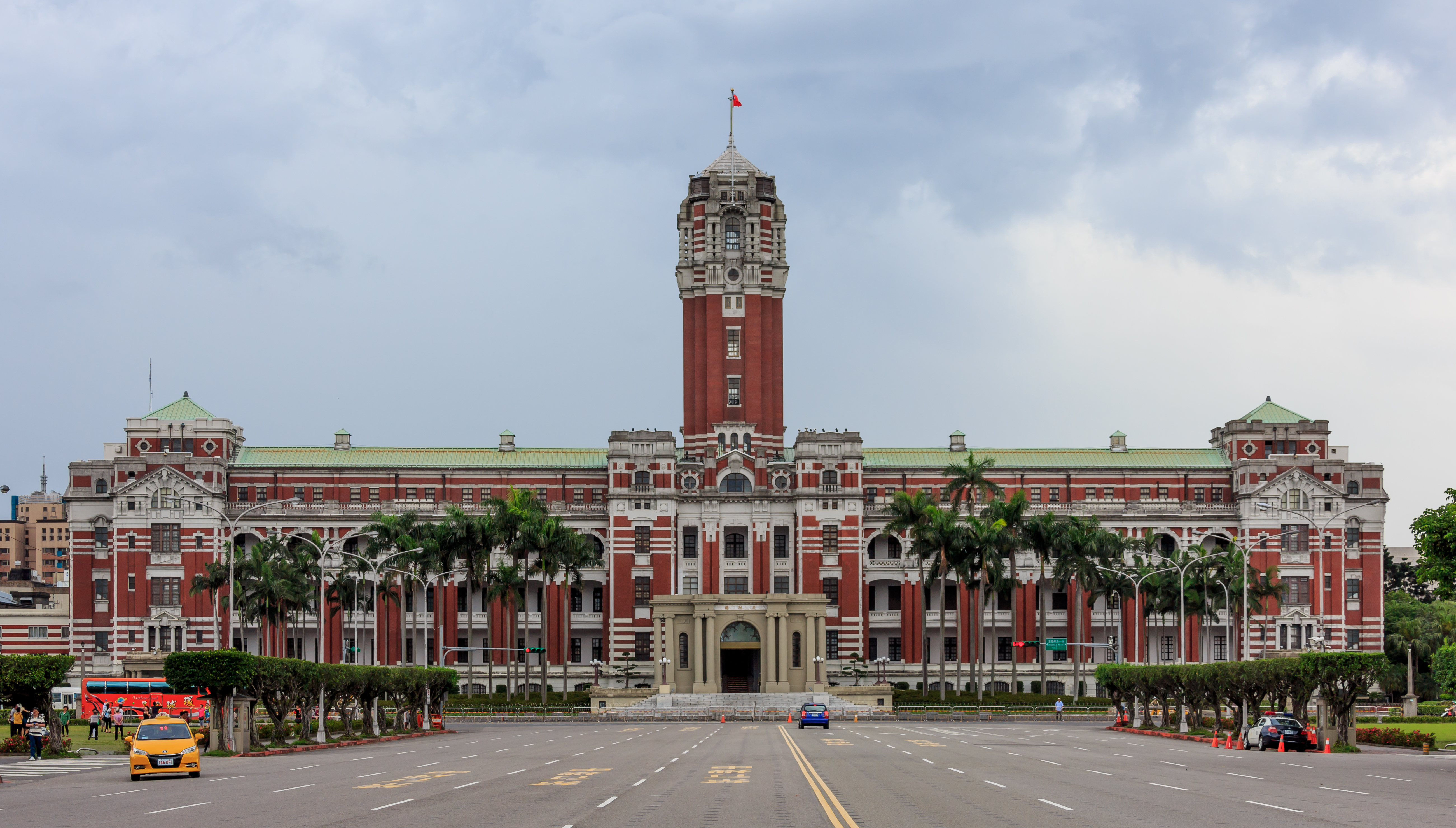
A question for the Guardian, not OP. But some quick googling shows it being refereed to that way is common at least in English reporting. Not sure how its referenced in Taiwan.
In Taiwan we just call it 總統府, which translates to “the presidential office”. It’s true that it is a Japanese-colonial-era building, but I only ever heard it referenced in historical context, like in a tour or a textbook.
Fun fact: there are also some Spanish and Dutch buildings remaining in Taiwan. They were the first official colonizers before the Ming-dynasty took over.Anglos like to talk about things like “Number 5”, “Westminster”, “Whitehall”, “The White House”, etc, maybe it’s from there.
And while in Germany we wouldn’t ever refer to the President or their office as anything but “The President”, the residence is definitely Bellevue Palace. As in “The President received guest at <location>” will never be filled in with “their office”. If you said “the office” people might think it’s the boring building in the front with all their staff.
Taiwan’s presidential office not having a proper name (that I know of) Algo journalists then feel a strong urge to describe it, I’d say. And it’s indeed notable.
Bellevue Palace looks like a better White House tbh
SEO
This is the best summary I could come up with:
Lai was inaugurated on Monday morning at the Japanese-colonial-era presidential office in central Taipei, taking over from Tsai Ing-wen, whose eight years in power saw a sharp deterioration in relations with Beijing.
Those elections “[conveyed] to the world that the Republic of China Taiwan is a sovereign, independent nation in which sovereignty lies in the hands of the people” he said.
In the past Lai has described himself as a “pragmatic worker for Taiwan independence”, but recently toned down his rhetoric and moved in line with Tsai’s more moderate stance, for which she was praised during her tenure as helping to keep the peace without capitulation.
Chinese warplanes and naval vessels maintain a near-daily presence around the island, and in the week before the swearing-in ceremony, there was an uptick in fighter jets and drones.
Among the small crowd of witnesses were Morris Chang, the founder of TSMC, the leading semiconductor manufacturer which is makes most of the world’s highest grade chips and is responsible for a significant portion of Taiwan’s GDP.
Taipei has been buzzing with preparation in recent days – air force planes and helicopters have been flying over the city in practice for the aerial formation which congratulated Lai.
The original article contains 974 words, the summary contains 202 words. Saved 79%. I’m a bot and I’m open source!
